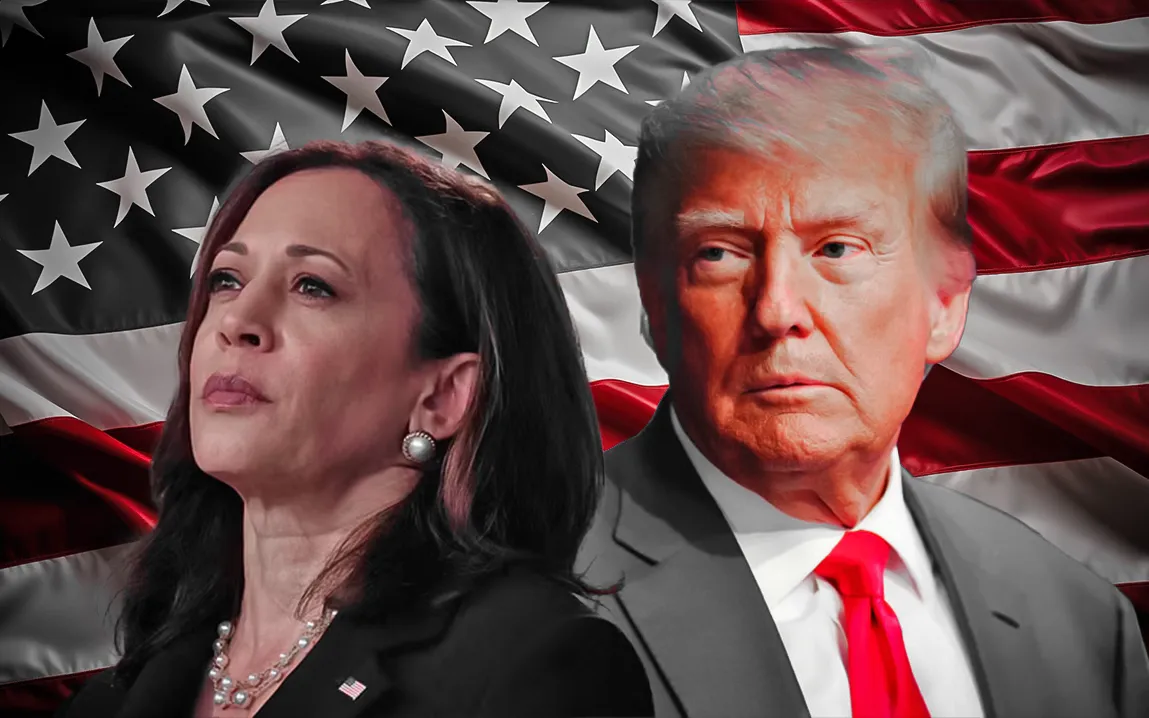In an interview recently at The New York Times DealBook Summit, Sam Altman, the chief executive of OpenAI, allayed fears about Elon Musk’s growing political influence-particularly his closeness to President-elect Donald Trump. Mr. Musk, who co-founded OpenAI, has joined the administration in the newly created Department of Government Efficiency, or DOGE, raising concerns that his new political clout could advantage his ventures, including his AI company, xAI, at the expense of rivals like OpenAI.
Altman dismissed those fears at the time, asserting that Musk’s character and the public spotlight would stop him from ever misusing political influence to affect an outcome. “It would be profoundly un-American to use political power to hurt competitors and help your businesses,” said Altman during the interview.
Those words seem a relic of the past as, indeed, the friendship has since cooled between Altman and Musk. That led to a lawsuit earlier this year over Musk’s exit from OpenAI, accusing the company of straying from its nonprofit origins. The friction between them builds up as Musk claims that OpenAI has shifted toward profit-oriented models, which he saw as a sellout from its original inspiration. Altman said he is “disappointed it ended up like this,” adding he once looked upon Musk as a “mega hero.
On the subject of Musk’s AI firm, xAI, Altman acknowledged it as a “serious competitor” to OpenAI. He also praised Musk’s plans to build an xAI data center in Tennessee, though noted that Grok, xAI’s generative AI chatbot, still lags behind OpenAI’s ChatGPT in global recognition.
Meanwhile, OpenAI faces a series of lawsuits, including from content creators and media organizations such as The New York Times for allegedly using copyrighted material in training its AI models without compensating those authors. To that, Altman also said that OpenAI “needs to find new economic models where creators can earn revenue streams” and criticized the Times’ lawsuit as “on the wrong side of history.”
In response, The New York Times rejected Altman’s claims, arguing that copyright law protects the rights of creators and that new technologies must live within the law. “It is entirely possible to do both,” said Ian Crosby, lead counsel for The Times.




